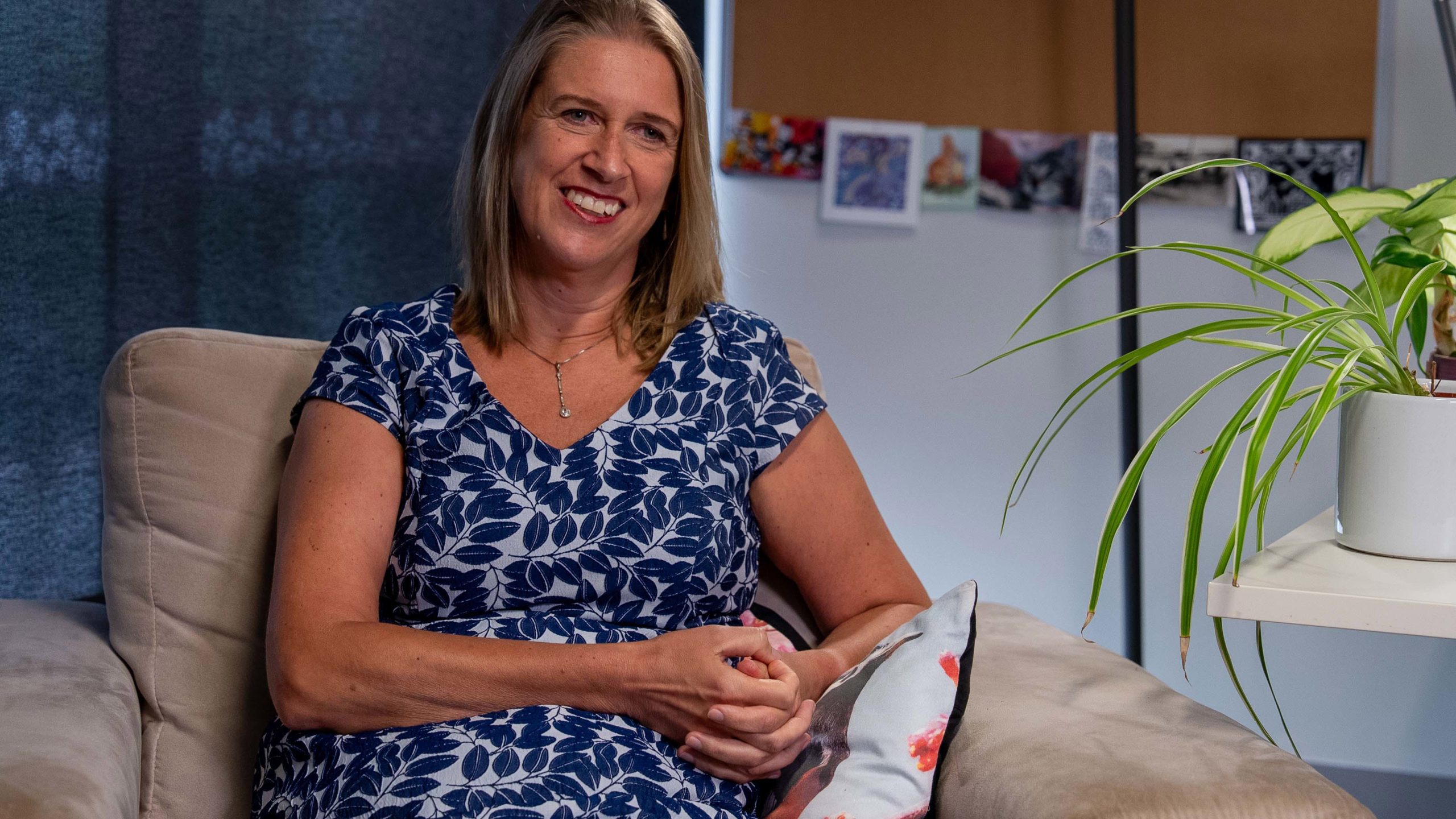Australian researchers have found the genes linked to Obsessive Compulsive Disorder (OCD) for the first time.
Scientists at QIMR Berghofer in Queensland did the biggest ever study into the mental health condition they say is “often misunderstood.”
They say it could now help treat some of the half a million Aussies who have it, and speed up diagnosis for others.
READ MORE: ASIC sues broking arm of investment bank Macquarie

The global research, published in Nature Genetics, involved more than 50,000 people with OCD and two million people who did not have it.
It pinpointed approximately 250 genes linked to OCD.
“This is the first study where we found actual genes that play a role in OCD, which is really exciting,” says Professor Eske Derks, senior group leader of the Translational Neurogenomics Laboratory at QIMR Berghofer said.
“We’ve been working on this for many years, but these findings have dramatically increased our knowledge of the genetic basis of OCD.”
READ MORE: Emotional scenes in court as bus driver opts for trial over young woman’s death
OCD is often categorised as an obsession with cleaning or checking.
However, it can take many forms, including people worrying about harming others, doubts about relationships and existential worries.
The study revealed that genes linked to OCD are most active in three key brain areas: the hippocampus, striatum, and cerebral cortex.
The findings align with previous studies.
“We found a really large number of genes which are shared with anxiety disorders, depression and also with anorexia nervosa,” Professor Derks said.
“There’s a lot of overlap in the genes that cause these different mental health conditions.”
READ MORE: Penny Wong’s playbook for handling Donald Trump
Professor Derks called for more funding to take the research further.
“The next steps for our research team are to use these genetic discoveries to identify existing drugs, currently being used to treat other conditions, that may be effective for OCD patients, paving the way for more innovative treatment options,” he said.
OCD can start in late childhood or early teens, but can also begin for women after childbirth.
Treatments include psychological therapy, medication and community support.